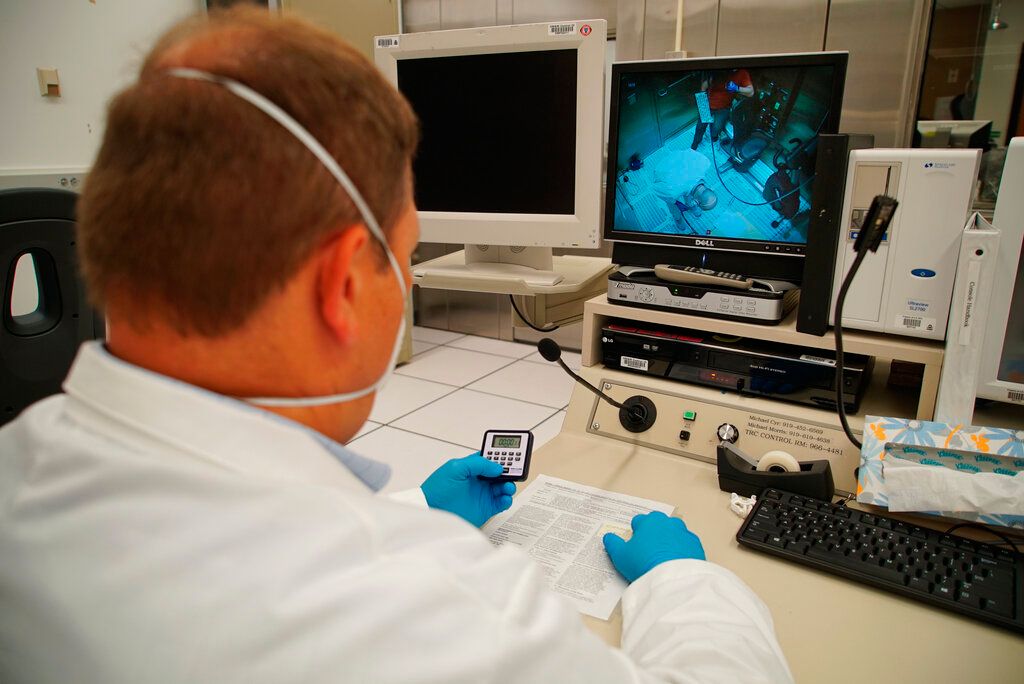CLEVELAND — Holiday gatherings are quickly approaching, just as a new surge of coronavirus cases is being seen across the U.S.
What You Need To Know
- After many missed family gatherings in 2020, holiday gatherings will return in 2021
- Cleveland Clinic Psychologist Dr. Susan Albers said even though it can be awkward and uncomfortable, people need to have conversations about health and safety
- Albers said it’s important to designate a time to have the conversation with family members and ease into some of the more controversial subjects
For many, large holiday gatherings were practically non-existent last year. This year, those gatherings may very well be back on, and even though more than half of Ohioans are vaccinated, the threat of COVID-19 hasn’t gone away.
Cleveland Clinic Psychologist Dr. Susan Albers said even though it can be awkward and uncomfortable, people need to have conversations about health and safety.
“Start with points of agreement. Everyone can agree that we want to be safe, healthy and have a happy holiday,” Albers said. “And we can also talk about what we don’t want. We don’t want this to break up families and cause a lot of conflict. We want to all be on the same page of having a good holiday.”
Albers said it’s important to designate a time to have the conversation with family members and ease into some of the more controversial subjects.
“You can start with your own status and saying, ‘I’m vaccinated,’” she said. “What you want to be careful about is avoid saying you’re vaccinated, right? Because this can imply that this is what you are expecting and it can make it difficult for people to be truly honest about what their status is.”
Albers said the best approach is to be curious, not critical.
“Avoid trigger words like ‘you’re wrong,’ or ‘I disagree.’ We want to listen to everyone’s perspective, because sometimes we may or may not agree on vaccines and masks, but we do want everybody to be safe and healthy,” said Albers.
In order to prevent an argument, Albers said to pay attention to the motivation behind the question.
“Do they want to know about safety concerns? Are they asking for advice? Are they looking for an argument,” she said. “Knowing where they’re coming from and what they are truly asking can help you to know how to answer the question.”




